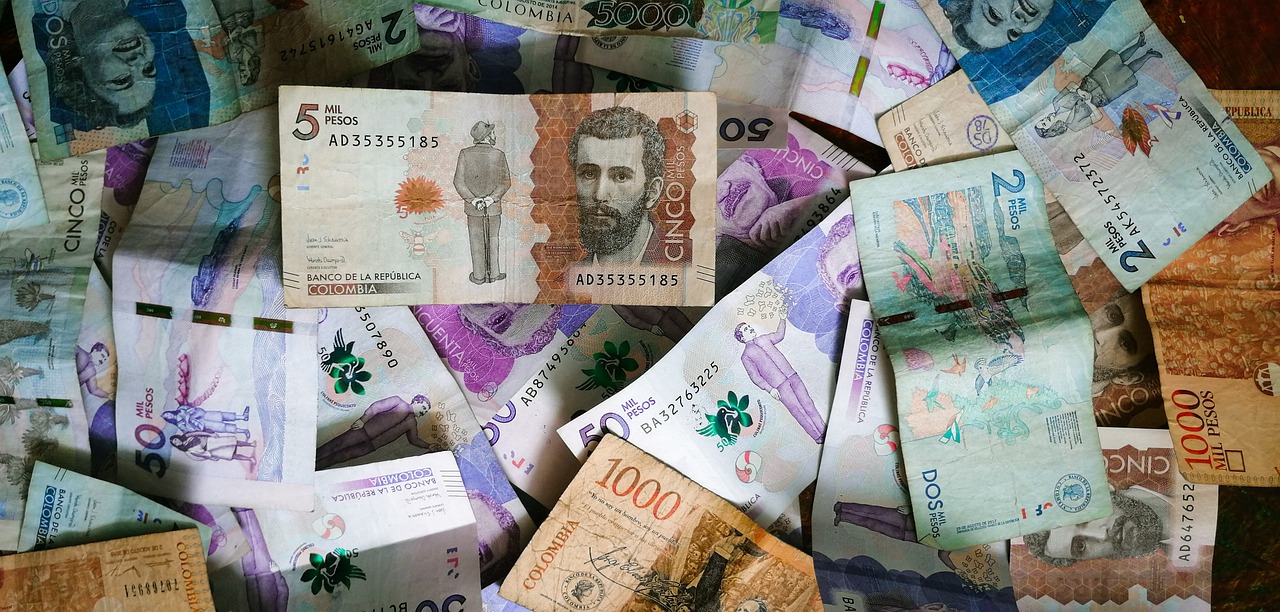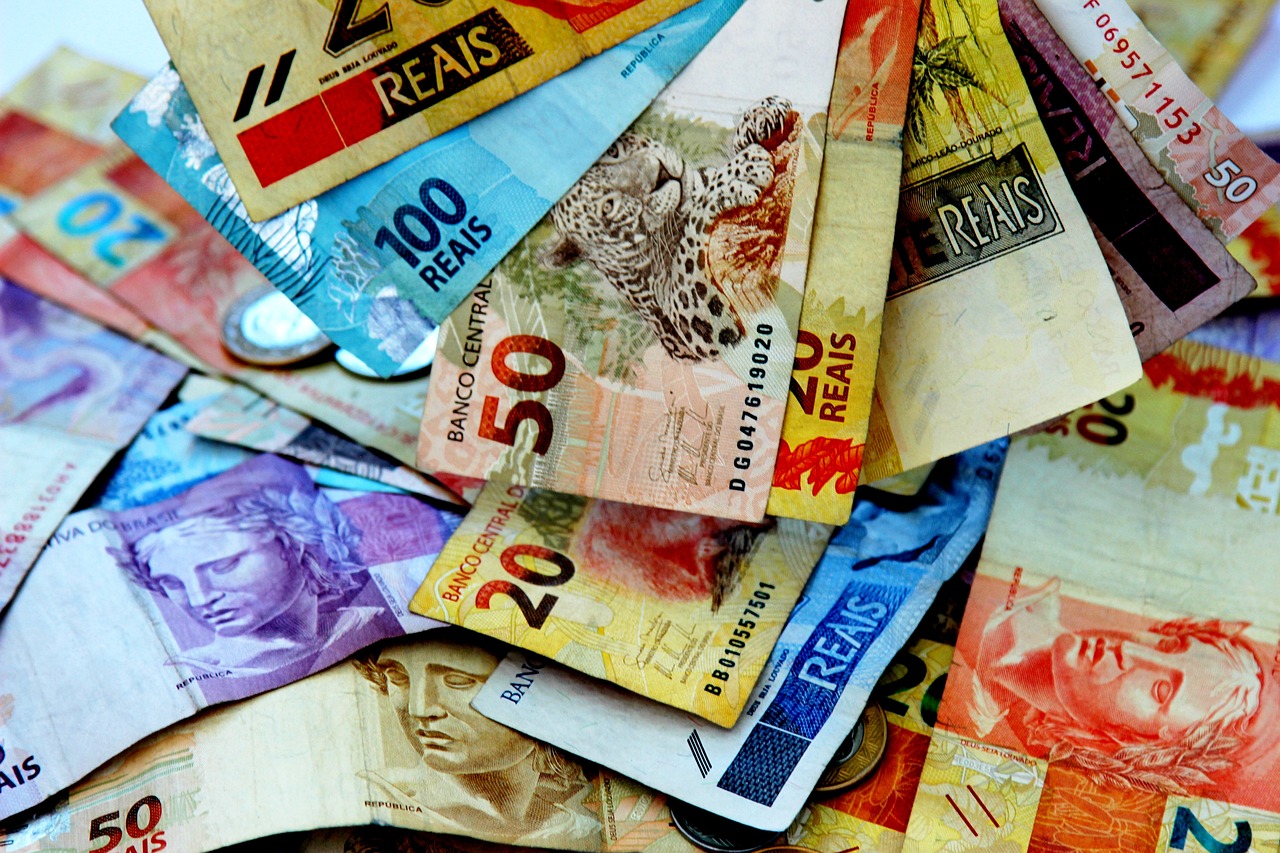Uncovering the Truth: Exploring Hidden Fees and Timelines for Sending Money to Japan
GPT_Global - 2024-05-01 21:30:14.0 660
Are there any hidden fees associated with sending money to Japan?
When sending money to Japan, it is important to be aware of any hidden fees that may be associated with the transaction. This will help ensure that you are getting the best deal and not losing money unnecessarily. Fortunately, many remittance businesses offer transparent and competitive rates for sending money to Japan.
One potential hidden fee to be aware of is the exchange rate markup. This is the difference between the official exchange rate and the rate offered by the remittance service. Some companies may have higher markups than others, so it is important to compare rates before choosing a provider.
Another fee to look out for is the transfer fee. This is the amount charged by the remittance business for processing the transaction. While some companies may offer low or even waived transfer fees, others may charge a significant amount. Again, it is important to compare rates and choose a provider that offers reasonable fees.
Sometimes, there may also be additional hidden fees such as receiving fees on the recipient's end. These fees can vary depending on the bank or payment method used, so be sure to research this beforehand if you know how the money will be received in Japan.
In conclusion, while most remittance businesses strive to offer competitive and transparent rates, it is always important to be aware of any potential hidden fees when sending money to Japan. By doing your research and comparing rates, you can ensure that you are getting the best deal and not losing money in the process.

How long does it typically take for money to arrive in Japan when sent through various methods?
Are you wondering how long it takes for money to arrive in Japan when sent through various methods? As a remittance business, we understand the importance of speedy and reliable money transfers. Here is a breakdown of the typical timeframes for different remittance options.
If you are using a bank transfer, it can take 2-5 business days for the funds to reach Japan. This method is secure and often has lower fees, but it may not be the fastest option available.
A popular choice for sending money to Japan is through international money transfer services such as Western Union or MoneyGram. These services typically offer same-day transfers, which means your recipient can receive the money within 24 hours.
If you need the money to arrive in Japan urgently, you can opt for a cash pickup option. With this method, your recipient can pick up the funds in cash from a designated location within a matter of minutes. However, keep in mind that this option tends to have higher fees.
If you are using a digital wallet like PayPal or Venmo, the money can arrive instantly. However, your recipient may face additional fees when withdrawing the funds in Japan.
Overall, the timeframe for money to arrive in Japan varies depending on the remittance method you choose. It is essential to consider the urgency and cost-effectiveness of each option before making your decision. As a remittance business, we strive to provide efficient and affordable transfers to Japan to meet your needs. Contact us today to learn more about our services.
Can I send money to Japan using a credit card?
Remittance business is an important aspect of global finance, allowing individuals and businesses to transfer money across borders quickly and securely. Many people may wonder if it is possible to send money to Japan using a credit card. The answer is yes! In fact, using a credit card for remittance to Japan can have several benefits. Firstly, using a credit card means you can easily track your transfer and have a record of the transaction. This can be useful for budgeting and record-keeping purposes. Additionally, using a credit card eliminates the need for physical cash, reducing the risk of loss or theft during the transfer process. Another advantage of using a credit card for remittance to Japan is convenience. With just a few clicks, you can send money to Japan from the comfort of your own home. This eliminates the need to visit a bank or remittance center in person, saving you time and effort. In addition, using a credit card for remittance to Japan can often result in lower fees compared to other payment methods such as wire transfers. Credit card fees can vary depending on the provider, so it is important to compare your options before making a transfer. However, it is important to note that not all credit cards can be used for remittance to Japan. Some credit card providers may have restrictions or limitations when it comes to international transfers. It is crucial to check with your credit card company beforehand to ensure that your card can be used for this purpose. In conclusion, sending money to Japan using a credit card is definitely possible and can offer several advantages. From easy tracking and record-keeping to convenience and potentially lower fees, credit cards can be a great option for remittance to Japan. Just make sure to check with your credit card provider and compare your options to find the best deal for your specific needs.What is the maximum amount of money I can send to Japan at once?
When it comes to sending money to Japan, many people may wonder what the maximum amount they can send at once is. The answer to this question depends on the remittance service provider you choose. Different providers may have different limits for international transfers.
Some remittance companies have a maximum limit of $10,000 per transfer, while others may allow up to $50,000 or even $100,000 per transaction. It is important to do your research and compare different providers to find one that offers a limit that meets your needs.
Aside from the maximum amount per transaction, there may also be a daily, weekly, or monthly limit imposed by the remittance company. These limits are set to ensure the safety and security of the transfer and to comply with regulations. It is important to check these limits as well before deciding on a service provider.
Another factor that may affect the maximum amount you can send to Japan at once is the currency exchange rate. Different providers may offer different rates, so it is important to compare and choose one that provides the best value for your money.
Lastly, keep in mind that some remittance providers may charge fees for transfers above a certain amount. Be sure to check the fee structure of each provider before making a decision. In some cases, it may be more cost-effective to make multiple smaller transfers instead of one large transfer.
In conclusion, the maximum amount of money you can send to Japan at once will vary depending on the remittance service provider you choose. It is important to compare the limits, exchange rates, and fees of different providers to ensure that you are getting the best deal and that your transfer is safe and secure. With careful research and consideration, you can find a provider that meets your needs and makes sending money to Japan a hassle-free process.
Are there any restrictions on sending money to Japan from certain countries?
Japan is a popular destination for expatriates, international students, and tourists alike. With its rich culture, exciting cities, and efficient transportation system, it's no wonder that people from all over the world want to send money to Japan. However, there are certain restrictions and regulations that must be followed when sending money to Japan from abroad. Here are some important things to consider:
1. Currency Restrictions
When sending money to Japan, it is important to note that only Japanese Yen can be used as legal tender in the country. This means that any foreign currency sent to Japan will need to be converted into yen before it can be used. It is also important to ensure that the amount being sent falls within the legal limits set by the Japanese government.
2. Compliance with Anti-Money Laundering Laws
Japanese banks are required to comply with anti-money laundering laws, which means they may require additional information and documentation before accepting an international transfer. This is to prevent illegal activities such as money laundering, terrorist financing, and fraud. Be sure to have all necessary information and documents on hand when making a transfer to Japan.
3. Restrictions on Certain Types of Transfers
There may also be restrictions on certain types of transfers, such as large or recurring amounts, for security reasons. In some cases, transfers may also be restricted based on the source or purpose of the funds. It is best to check with your financial institution beforehand to ensure that your transfer will not be affected by any restrictions.
4. Bank Fees and Exchange Rates
Banks and other financial institutions often charge fees for international transfers, and these fees can vary depending on the bank or service provider. Additionally, exchange rates can also affect the amount of money received by the recipient in Japan. It is important to research and compare fees and exchange rates before choosing a service for your transfer.
5. Stay Informed of Any Changes
As regulations and restrictions may change, it is important to stay informed and up-to-date on any changes that may affect your transfer. Keep in touch with your bank or financial institution and regularly check for any updates or changes to ensure a smooth transfer process.
Sending money to Japan from abroad can be a straightforward process as long as you are aware of and follow all the necessary regulations and restrictions. By keeping these considerations in mind, you can ensure a hassle-free and successful transfer to Japan.
About Panda Remit
Panda Remit is committed to providing global users with more convenient, safe, reliable, and affordable online cross-border remittance services。
International remittance services from more than 30 countries/regions around the world are now available: including Japan, Hong Kong, Europe, the United States, Australia, and other markets, and are recognized and trusted by millions of users around the world.
Visit Panda Remit Official Website or Download PandaRemit App, to learn more about remittance info.



